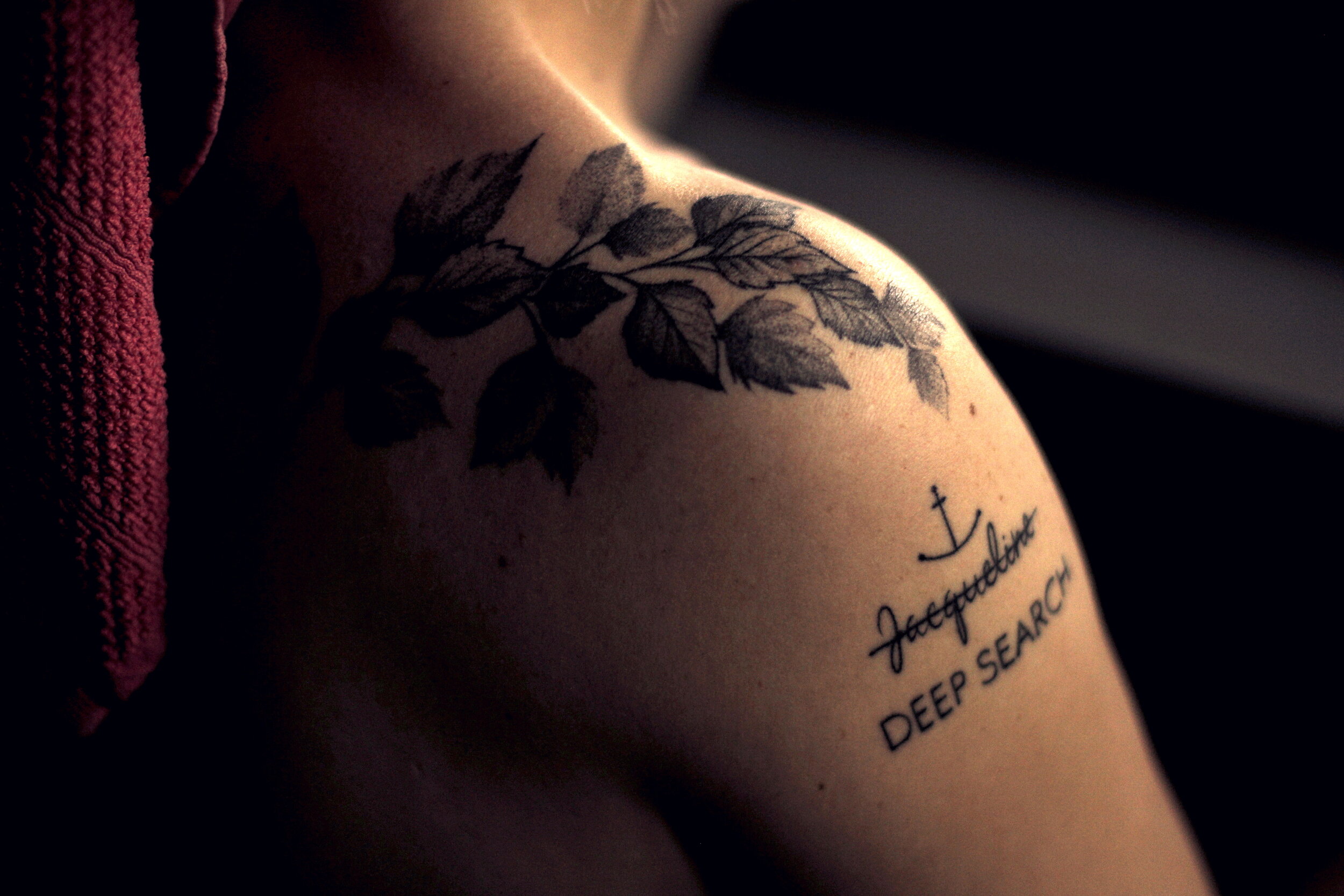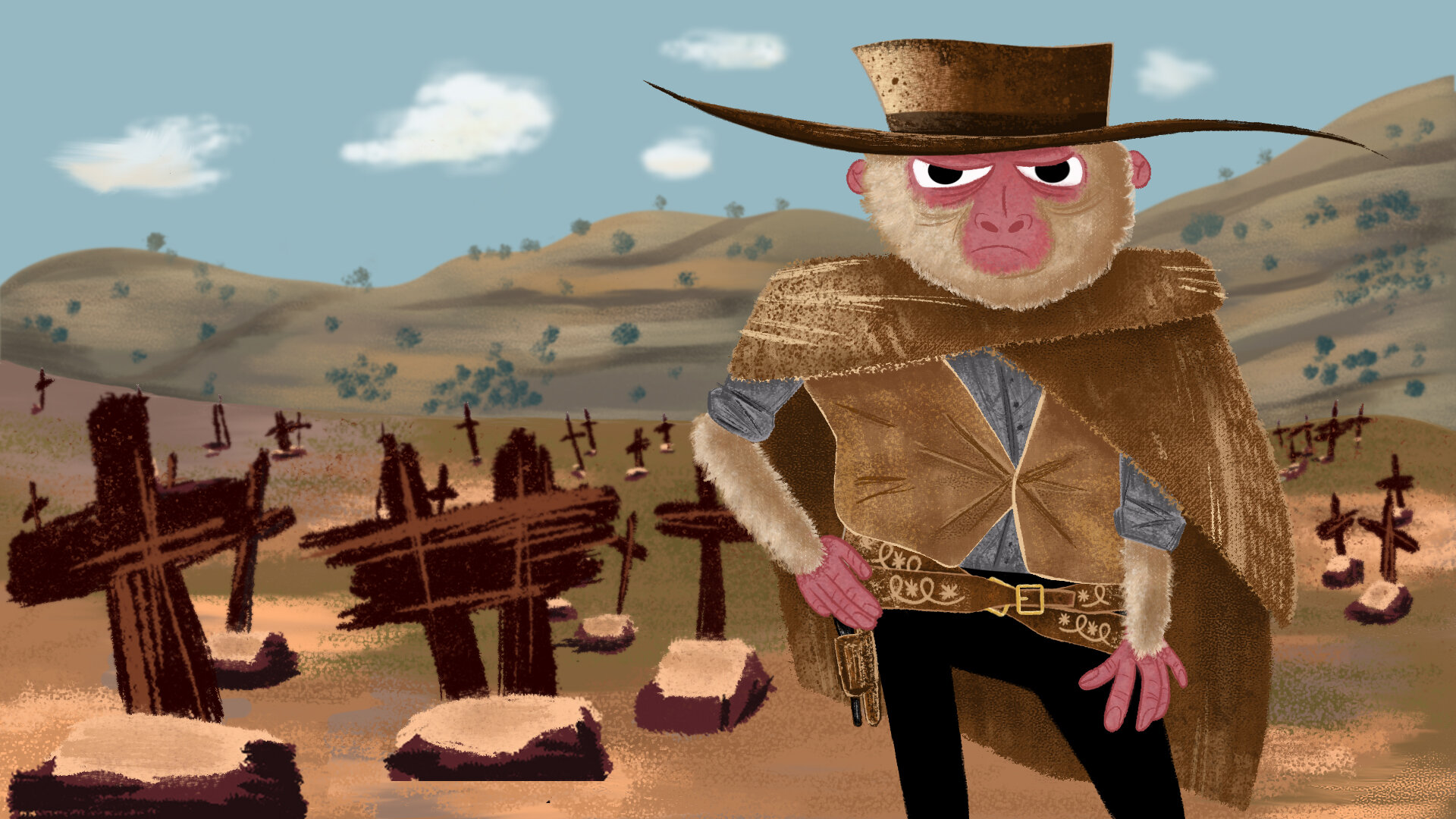According to my best pal Goodreads, I read 33 books this year. I think that may quite possibly be more than at any time since I was a cheeky young scally checking out my local mobile library in between roaming the army estate that I called home. Some of these books were an intense disappointment, either because they had been recommended to me with no small amount of praise, or because I’d been looking forward to diving into some serious literature but instead found clumsy writing, unsympathetic characters, contrived plotting, bloated chapters or themes that left me cold. Let’s name names (why not?): Wanderers by Chuck Wendig, Under the Volcano by Malcolm Lowrie, The Night Manager by John Le Carré, The Days of Abandonment by Elena Ferrante, The Good Soldier by Ford Madox Ford and Gone Girl by Gillian Flynn. I’m not saying I thought these novels were worthless; they just weren’t for me (though I think I’ll give Lowrie another go in 20 years when I’m living in my post-food-war bunker).
So what about the best books? I’ve whittled it down to six. These are the ones that left me spellbound, excited, melancholy, fearful. These are books that remind me why I bother to sit down at my computer every day despite nobody having asked me to, that make me want to keep grafting and crafting and deleting and sculpting in the hope that one day I might write something that leaves an impression on somebody in the same way these books have on me.
William Gibson - Neuromancer
You know when you crack open a new novel and you read the first page and you can feel the electricity in every word? When you know this is going to be like something you’ve never read before? When the world-building is so effortless and economical that you could have been living there your whole life already?
That’s Neuromancer for me. Not since Last Exit to Brooklyn have I read a novel so refreshing, so competent, so singular that it rips up everything I thought I knew about writing and encourages me to start again. This is a novel you definitely have to pay attention to - if you let your mind wander while reading, you’ll be hopelessly lost within a couple of paragraphs. Ditto leaving it alone for a few days - once you’re out, it’s so dense that it can be difficult to pick up that red thread again. It’s a challenge to read, but not in the way that the consul’s stream-of-consciousness recollections are in Under the Volcano or Pynchon’s 100 pages of word death are in Gravity’s Rainbow. No, it’s like a good puzzle: initially bewildering, but the more you look and think, the more it begins to take shape, the more blanks you can fill in and the more of a sense of achievement you get when you finish it.
When I was done, I was disappointed only because it was over. This is the first Gibson novel I’ve read, but it won’t be the last.
David Mitchell - The Thousand Autumns of Jacob de Zoet
A friend lent this to me two years ago. I ended up not reading it because it was too large to take anywhere with me, and because I thought it was going to be some kind of homage to Patrick O’Brian. Wrong. This is a novel for linguists: a narrative written in English about a Dutch protagonist, Jacob, plying his trade in 19th-century Japan. Instead of restricting himself to just one language, Mitchell juggles three, and he does it so deftly that it never comes across as clunky or confusing when switching perspectives. It even manages to convey the complexities of register that are inherent to Japanese without once explaining them outright. Added to that is a strange, twisting story that is more like three novellas stitched together with a bit of connective tissue and you have a novel that - once I settled into it - left me in awe.
Rachel Carson - Silent Spring
This book was written nearly SIXTY years ago as a warning about the catastrophic destruction caused by synthetic pesticides, and we’re still using them in record quantities today. Nobody will ever, ever be able to say “but we didn’t know” when the day of reckoning comes (if that ever actually happens; more likely things will keep getting worse, the quality of life will fall massively, and the human population will shrink beyond all expectation, yet the ones remaining will still be kidding themselves that things are fine and that it had to be like this.) This is not an enjoyable read, nor does it - looking at the way things are now - offer grounds for optimism, but it is a necessary one for anybody seeking to understand the reasons behind the climate crisis. Still, the thing that perhaps saddens me most about Silent Spring is that when it was released, many scientists, politicians and industry figures dismissed it as hysterical nonsense purely because it was written by a woman. The arrogance of these men to 1. ignore such a well-presented, meticulously researched tome based on flawed ideas of biological superiority and 2. continue to allow the use of these pesticides despite mountains of evidence pointing to their ability to wipe out animal species and cause cancer in human beings is simply astounding.
Arundhati Roy - The God of Small Things
By now you may be thinking: Are there going to be any books that aren’t super famous on this list? The answer to that is: no. And here’s the reason why: Between the ages of 15 and 22, I read very few books that weren’t written by Bernard Cornwell, Conn Iggulden, Mario Puzo or Valerio Massimo Manfredi, or that didn’t belong to the Star Wars expanded universe. Ever since then - ten long years on your trail - I feel like I’ve been catching up. And that means genius literature like The God of Small Things have slipped through the cracks up to now. Still, in some ways I’m glad I waited this long before tackling this novel. It’s simultaneously elusive and revealing, ethereal and super grounded in a way that I don’t think I perhaps would have appreciated if I’d read it at a younger age. Roy is somebody who understands how to use words and bend narratives at a level that I will never reach, and somehow I love that and don’t mind - to be this creative, this assured, this GOOD must be a terrible burden.
The trip to the cinema is probably one of the most heartbreaking and brilliant pieces of writing I’ve ever read.
Toni Morrison - Beloved
I spoke to two other people who read Beloved this year and they didn’t like it at all. Too strange, too magical, too fractured. My thought was: isn’t that the point of the novel? Isn’t the point that the psychological effects of slavery are so beyond the typical reader that this is how it has to be conceived for us to gain an inkling of what such an existence would have been like? At least, it is for me. What’s interesting, too, is that Beloved has the same Gothic/pure horror vibe as Victorian novels like The Turn of the Screw and Dracula, except it’s far more terrifying than either because of its basis in an awful reality.
James Baldwin - Giovanni’s Room
Ah, Giovanni, you tempestuous, destructive soul. There are few novels that I’ve read that so perfectly capture what it means to be a young, impecunious, sexually active, frustrated and confused man who thinks the world is turning just for him and who interprets every gesture as something romantic and grand and overwhelming and important, all at once. It just fizzes with post-adolescent energy. I will never not love a book that consists of 1/4 moody dudes drinking red wine, 1/4 Beat Generation banality, 1/4 exotic locales and 1/4 sex. I can even forgive it for its overuse of French. Overall, I don’t think it’s as strong as Another Country (though that novel still bothers me regarding the switch of focus from Rufus to Vivaldo), but it was definitely a joy to read - in a tent on a mountain in the middle of Oman.
Bonus: Douglas Adams - The Hitchhiker’s Guide to the Galaxy.
I finally read this after so, so many years of looking at it and skirting around it for fear of not finding it hilarious and thus pissing off half of my circle of friends. But it was hilarious. Also, when I sent a photo of the cover to my friend, she became slightly peeved that it was the US edition, which was compounded by me saying that I found it weird they had changed Arthur Dent to Lance Starsman and that in the US version he drank root beer instead of tea. It took her several minutes to realise I was joking. These rabid fans, eh.



